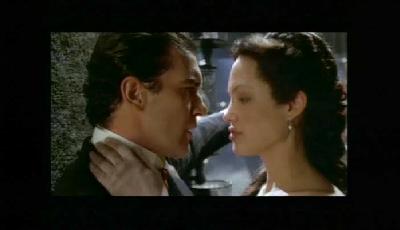
However, when we speak of original sin in regard to the rest of humanity, it is a sin “contracted” and not “committed”. Of course, the original sin of Adam and Eve is an actual committed sin – the sin of disobedience and pride.

The Catechism of the Catholic Church clarifies, “original sin is called ‘sin’ only in an analogical sense: it is a sin ‘contracted’ and not ‘committed’ – a state and not an act” ( CCC 404). It must first be pointed out that the term ‘original sin’ is, as Ratzinger says, “misleading and imprecise” (Ratzinger 72). Irenaeus of Lyons, and Joseph Ratzinger (Pope Benedict XVI), we see that the key to unlocking the mystery of original sin lies in the relationality of human beings. Drawing particularly on the writings of the early patristic, St. There is, however, much light that can be shed upon the question of how, and why, original sin is inherited by the human race, and what the effect of this reality is. The Catechism of the Catholic Church explains that “the transmission of original sin is a mystery that we cannot fully understand” ( CCC 404). The book of Genesis relates that the first man and woman, Adam and Eve, through disobedience of God, fall out of harmony with God and “lose the grace of original holiness” ( CCC 399).Īll the descendants of Adam and Eve are then implicated in this sin and loss, and thus do not live with the original holiness and the many gifts that Adam and Eve once held. In the beginning, God created man and woman out of love, in order that they might share in His love.


So, what is original sin? To understand this biblical and theological reality, we must go back to the beginning. For others, original sin is some unfair punishment we all suffer through no fault of our own.

For many, the doctrine of original sin is understood as a mark or stain on our souls that need to be washed and cleaned at Baptism. A phrase often used and thrown around: original sin.


 0 kommentar(er)
0 kommentar(er)
